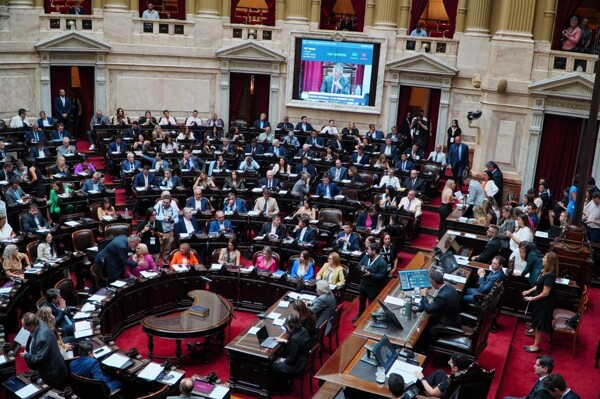
The editorial reflects on the need for political forces in Argentina to move towards more ambitious goals through consensus on important structural issues. It emphasizes that problems such as public safety, the pension system, education, health, human development, taxes, and the economy require strategies based on consensus, not partisan confrontation. It highlights that at the national level, the political system has reduced parties to electoral machines, lacking effective governing capabilities.
Regarding electoral system reform, it mentions that it has taken a significant first step, receiving unanimous support from the provinces and generating a balance between the Government and the opposition. It notes that despite more than fifteen years of implementation, the system increasingly drifts away from its original objectives. Additionally, it points out that resistance to reform by some political sectors is related to personal interests and the failure to maintain a consolidated bipartisan system.
The discussion on electoral reform in Congress reveals a broad consensus on the need to modify the current system, which, it is argued, has weakened citizen participation and distorted political representation. It analyzes the context in which the PASO (Open, Simultaneous and Mandatory Primaries) were implemented, highlighting their impact on the internal democracy of political parties and the excessive financing of electoral campaigns. It underscores the importance of repealing or at least suspending the PASO, given the accumulation of evidence against their effectiveness.
It emphasizes that the elimination of the PASO, at least on this occasion, is a necessary and justified measure, considering the high costs associated with the current electoral financing system. It concludes that the initial objectives of the PASO have failed and that it is imperative to move towards a new electoral model that ensures more transparent and equitable political representation.














